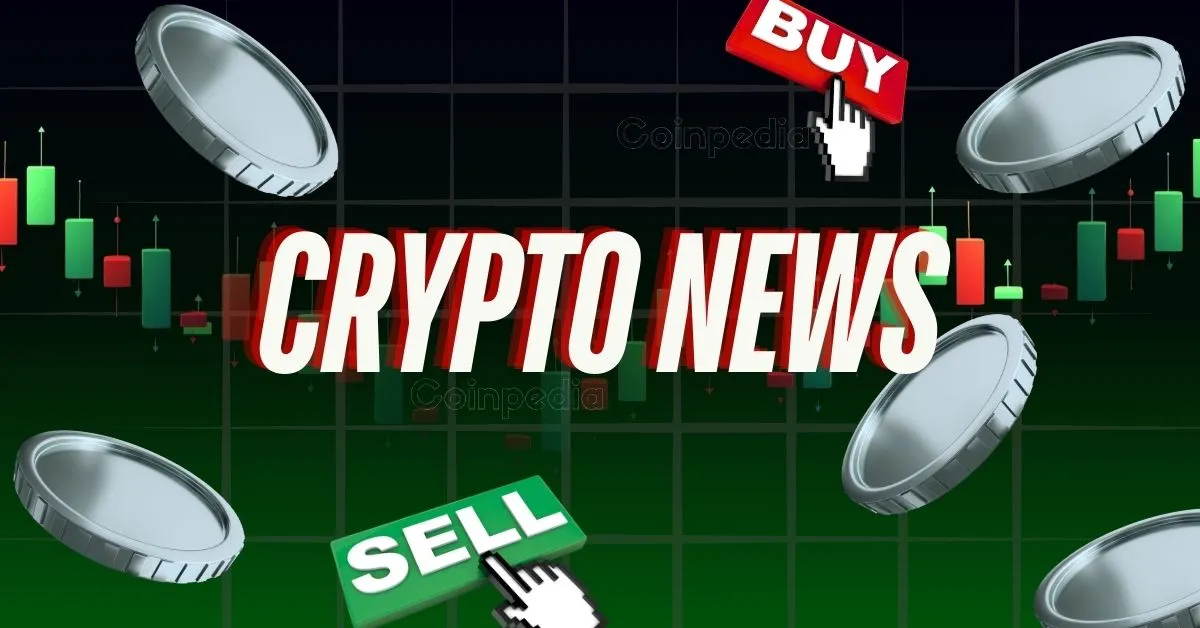
Bitcoin and Ethereum ETFs may have won approval from the US SEC, but Solana’s spot ETFs are facing obstacles. The SEC recently rejected two applications, known as 19b-4 filings, that were submitted by the Chicago Board Options Exchange (CBOE) on behalf of VanEck and 21Shares, the companies looking to launch Solana Spot ETFs.
Here’s what’s new.
The SEC’s rejection stems from its ongoing concerns about Solana’s status as a security. The agency has held this view in several court cases and continues to assert that Solana should be classified as such, which complicates efforts to create an ETF around it.
The 19b-4 forms are key to the SEC approval process. Exchanges like CBOE file these forms on behalf of issuers, and once accepted, they start the SEC’s review process. However, in this case, the rejection stopped the forms from entering the Federal Register, which is a critical step in moving forward. As a result, CBOE had to pull the forms from its website.
Both VanEck and 21Shares are still interested in launching Solana ETFs, though their approaches differ after the SEC’s decision. 21Shares has taken a step back, as its S-1 filing, another type of application, is no longer visible in the SEC’s database. VanEck, however, is pressing on. The company’s head of research, Matthew Sigel, confirmed that their S-1 form is still active and under review.
VanEck’s belief that Solana is a commodity—similar to Bitcoin and Ethereum—stands in contrast to the SEC’s classification, which may drive further debate.
Though the 19b-4 rejections are a hurdle, VanEck and 21Shares have the option to refile or amend their applications with stronger arguments that Solana doesn’t meet the SEC’s definition of a security.
Matthew Sigel pointed out that legal perspectives are shifting. Courts and regulators are beginning to acknowledge that while some crypto assets might behave like securities in certain contexts, they can act more like commodities in others, particularly in secondary markets. He also noted that Solana has made significant strides toward decentralization over the past year, which could support future filings.
“We remain committed to advocating this position alongside our exchange partners to the appropriate regulators,”
While efforts in the U.S. face challenges, Solana is making progress elsewhere. Brazil’s Securities and Exchange Commission (CVM) recently approved a Solana-based ETF. Though still in a pre-operational phase and awaiting approval from the Brazilian stock exchange, this move has sparked optimism in the crypto community, with hopes that the U.S. may eventually follow suit.
Despite setbacks in the U.S., Brazil’s approval shows that the global appetite for Solana-based ETFs continues to grow.
Stay tuned for the next chapter in the Solana ETF saga.
The memecoin world is shifting fast, and new utility memecoins are replacing the old hyped…
Senator Elizabeth Warren (D-Mass.) is stepping into the spotlight with a new set of principles…
The crypto market is showing fresh signs of life beyond Bitcoin. As BTC hovers just…
Ethereum price predictions for 2025 are everywhere right now. Analysts expect small steady moves with…
Story Highlights The live price of the TRUMP Coin is TRUMP Coin price forecast for…
According to recent cryptocurrency data, crypto tokens such as AVAIL, VENOM, ALT, SAHARA, and SOON…